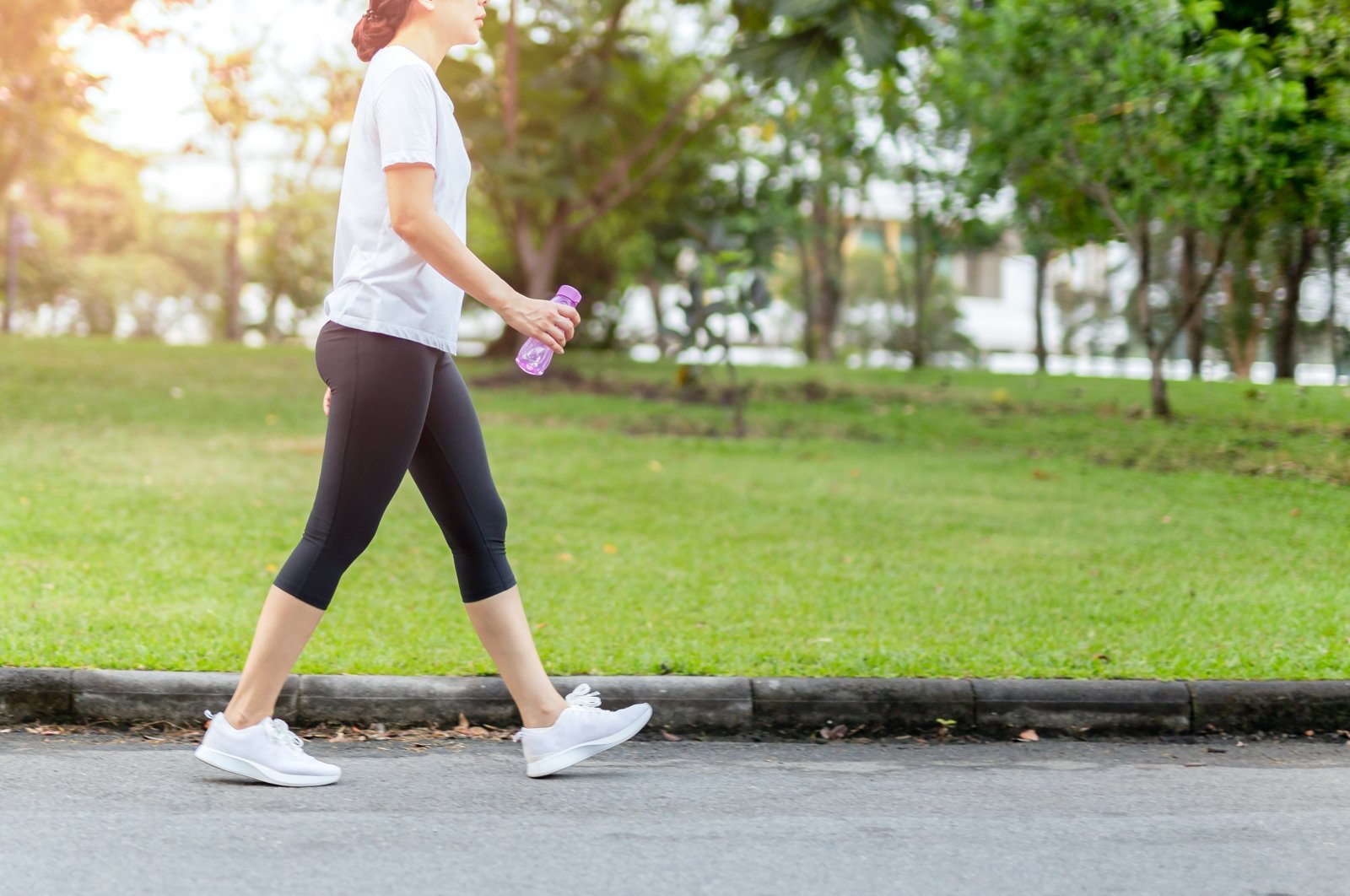For the summer season, nutritionists are advocating a holistic approach to nutrition and stressing the importance of a balanced diet.
Nutritionist Melike Asulhan Kara says: “Stay hydrated with 2-2.5 liters of water every day. Increase your physical activity to 150 minutes a week. Be wary of fad diets. Fruit intake. Take advantage of the benefits of probiotics,” he said, stressing the importance of balanced nutrition. Preparing for the summer season.
Carla said that adequate, balanced nutrition is the basis of good health, but there is misinformation about how to achieve it. It’s not about eating what you want. Nutrition is about getting the nutrients your body needs in the right amounts and at the right time to maintain good health, which can improve your quality of life. It is a conscious action that should be taken to maintain, improve, and improve.”
Nutritionist Kara emphasizes that humans need approximately 50 essential nutrients to survive, adding, “One of each of these nutrients is necessary for healthy growth and development, longevity, and productivity.” The daily intake is fixed. If any of these nutrients are not ingested, or too little, growth and development will be impaired. and your health will deteriorate. If you consume too much, some nutrients can be stored in your body as fat, which can be harmful to your health. To prevent nutritional imbalances, it is important to educate people about nutrition and instill awareness of healthy eating habits. ”
Carla said that people who have sufficient, balanced nutrition have certain characteristics: “Balanced people have a robust, healthy appearance; lively and flexible.” They have a strong body, smooth skin, vibrant, shiny hair and eyes, and strong, normally developed muscles.”In addition, they are willing to work, have a weight commensurate with their height, and have normal mental development. , and are less likely to get sick. ”
Nutritionists have noted that people with inadequate and unbalanced nutrition exhibit sluggish and unmotivated behavior. “People with nutritional imbalances have an unhealthy appearance (excessively thin or obese), rough, dry and unhealthy skin, an overweight or underweight body structure, frequent headaches, They have no appetite and exhibit a tired and lethargic demeanor,” she outlined.
“Although in today’s digitalized world, our daily tasks can be easily accomplished without physical activity,” Carla pointed out that a lifestyle without physical activity leads to many diseases. .
“Physical activity is associated with all systems of the body and has been scientifically proven to play an auxiliary role in the treatment of many diseases. “Green exercise” is attracting attention as it contributes more positively to human health. Green exercise has been shown to have a positive impact on chronic pain, physical and mental health, and spending time in an easily accessible, biodiverse and comfortable environment can improve physiological and psychological health. effectively enhance physical and social well-being. Quality of life.
“Green exercise also contributes to the development of a positive attitude towards the environment.Research shows that green exercise has multifaceted benefits in psychological, hormonal and neuroimmunological aspects, combining it with a biopsychosocial approach. In conclusion, this exercise approach contributes to sustainable health and the environment, is a green movement prescription, protects the natural environment, and is based on scientific evidence. It should be further supported by research and grants,” she advised.
Nutritionist Kara recommends healthy vegetables and fruits to consume this spring, saying: “Vegetables and fruits, which have many benefits such as cell regeneration, tissue repair and imparting resistance to diseases, always take priority in our nutrition.Vegetables and fruits that can be eaten in spring include carrots , artichokes, radishes, peas, asparagus, parsley, lettuce, arugula, fresh greens, fava beans, green onions, raw garlic, cherries, strawberries, plums, apples, honeysuckle, and elderberries.
She also shared the following metabolism-boosting tea and soup recipes for those looking to get in shape for summer.
ginger metabolic tea
Ingredients: 1 liter (33.81 oz) water, 1 chickpea-sized piece of ginger, 4 to 5 apple slices, 1 black peppercorn, 1 clove, lemon slice
Preparation: Chop all the ingredients and soak in water for 10 minutes. Take it as a snack in the evening, 20 minutes after meals.
Zucchini soup to boost metabolism
Ingredients: 2 medium zucchini, 1 onion, 1 garlic clove, 1 medium tomato, 1 tablespoon olive oil, salt, black pepper.
Preparation: Saute the chopped onions, garlic and zucchini in 1 tablespoon of olive oil. When the ingredients become soft, add the grated tomatoes. Once the tomatoes are cooked, add 5 cups of water. When the water boils, add the chopped dill and parsley at the end. While hot, add salt and pepper to taste.

